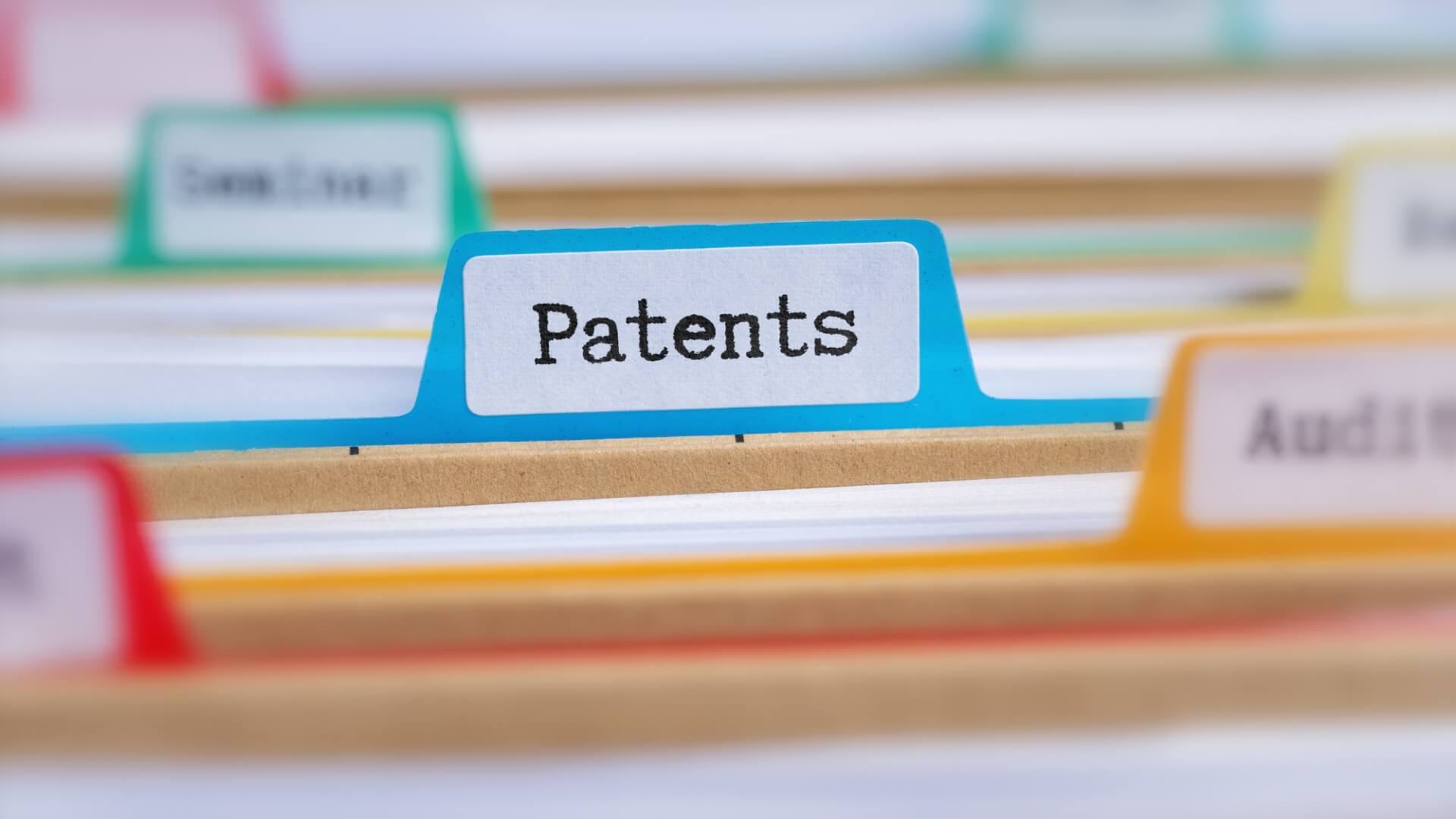Standard essential patents (SEPs) protect technology that is deemed essential for the implementation of a technical standard adopted by a standard developing organization which may relate to connectivity (e.g., 5G, Wi-Fi, Bluetooth) or audio/video compression and decompression standards. In order for a product to be standard-compliant, the implementer must use the relevant ‘essential’ patents. The European Union (EU) has proposed a framework that aims to create a balanced system by ensuring that both EU SEP owners and implementers innovate in the EU, and that end users benefit from the latest product standards at fair and reasonable prices. The draft SEP proposal includes the creation of a ‘Competence centre’ at the European Intellectual Office (EUIPO) which would be responsible for the SEP register and procedures for essentiality checks of SEPs and the fair, reasonable, and nondiscriminatory (FRAND) determination. In addition, it would also be responsible for providing training, support and general advice on SEPs to SMEs.
Currently, the SEP holder and the licensing party agree on royalties as long as they follow FRAND guidelines which are primarily derived from court cases. Under the European Commission’s proposed regulation, SEP owners would need to get a FRAND determination from the EUIPO. The EUIPO is the office that the commission assigned to manage all SEP-related questions, FRAND royalties, and patent disputes under this new proposal. Currently, the EUIPO manages EU trademarks and design rights, but not patents. Some experts believe the EU proposal will put China in a more competitive position with the EU and US. Here is an opinion piece we found of interest relating to the European Union’s proposal to set royalties for standard essential patents.
Why Is Europe Helping China Decimate U.S. Tech Leadership?
In an opinion piece “Why Is Europe Helping China Decimate U.S. Tech Leadership?” for Newsweek, Gordon G. Chang, author, argues that the European Union (EU) proposal that gives the European Intellectual Office (EUIPO) the power to set royalties for standard essential patents or SEPs. The proposal would allow EUIPO to determine whether royalties are owed on patents and to set royalty rates, and it would also require companies holding SEPs to file their patents in a new registry before they can charge royalties or take court action in the EU. Chang believes that standards are a hotly contested battleground between the U.S. and China as China’s Huawei Technologies hopes to set the world’s standards for 5G making it possible for the “Internet of Things.”
He argues that the plan undercuts the EU’s case against China at the World Trade Organization, brought in February 2022 where China had infringed the right of SEP holders to negotiate FRAND terms free of “measures that restrict, or seek to restrict, the exercise of that right.” Chang believes the EU proposal has emboldened Beijing to propose its own top-down, government-mandated approach to setting royalties as of June 30, China’s State Administration for Market Regulation issued a draft guideline interpreting the country’s Anti-Monopoly Law with regard to SEP royalty rates. Read the full article on Newsweek.
Disclosure: Fatty Fish is a research and advisory firm that engages or has engaged in research, analysis, and advisory services with many technology companies, including those mentioned in this article. The author does not hold any equity positions with any company mentioned in this article.
The Fatty Fish Editorial Team includes a diverse group of industry analysts, researchers, and advisors who spend most of their days diving into the most important topics impacting the future of the technology sector. Our team focuses on the potential impact of tech-related IP policy, legislation, regulation, and litigation, along with critical global and geostrategic trends — and delivers content that makes it easier for journalists, lobbyists, and policy makers to understand these issues.
- The Fatty Fish Editorial Teamhttps://fattyfish.org/author/fattyfish_editorial/January 19, 2024
- The Fatty Fish Editorial Teamhttps://fattyfish.org/author/fattyfish_editorial/January 3, 2024
- The Fatty Fish Editorial Teamhttps://fattyfish.org/author/fattyfish_editorial/January 3, 2024
- The Fatty Fish Editorial Teamhttps://fattyfish.org/author/fattyfish_editorial/December 31, 2023








